Colloquium
Signal recovery, restriction theory and real-life applications
When
November 3rd, 2025 | 2:30 p.m. – 3:30 p.m.
Refreshments provided at 2:00 in lobby
Where
University Hall 1005
Speaker
Alex Iosevich, University of Rochester
Abstract
One of the most important and basic problems in data analytics is to accurately impute the values of a time series. In this talk, we are going to focus on developing the exact signal recovery tools to perform this imputation. In the process, we are going to describe some intriguing connections between signal recovery, time series imputation, and some classical problems in harmonic analysis, such as restriction theory, the Bourgain/Talagrand theory of orthogonal functions, and random polynomial approximation. The talk is designed to be accessible to a broad mathematical audience.
*The talk will be focused on and accessible to graduate students. All are encouraged to attend.
Integrability analysis and soliton solutions of the complex short pulse equation and its two-component expansion

When
April 4th, 2025 | 3:00 p.m. – 3:30 p.m.
Refreshments provided
Where
University Hall 4002
Speaker
Arham Amin, UAB graduate student
Abstract
In this talk, we investigate soliton solutions to a two-component complex short pulse (c-SP) equation. Based on the known Lax pair representation of this equation, we verify the integrability of a two-component c-SP equation and find an equivalent convenient Lax pair through hodograph transformation. The Darboux transformation (DT) is utilized to construct multi-soliton solutions for the two-component c-SP equation in terms of ordinary determinants. Furthermore, one-soliton and two-soliton solutions are presented in detail and generalized for N-fold soliton solutions. We also derive exact soliton solutions in explicit form using suitable reduction constraints from various “seed” solutions.
*All UAB students, faculty and guests are invited.
Two Robust, Efficient, and optimally Accurate Algorithms for parameterized stochastic Navier-Stokes Flow Problems

When
April 4th, 2025 | 2:30 p.m. – 3:00 p.m.
Refreshments provided
Where
University Hall 4002
Speaker
Neethu Ravindran, UAB graduate student
Abstract
We present two accurate and efficient algorithms for solving a group of fluid flow problems based on the Navier-Stokes Equations (NSEs). Both methods use a time-stepping approach with the backward-Euler method and include a special technique called Ensemble Eddy Viscosity (EEV) for stability. The first method solves the equations together as a system (coupled approach), while the second method separates them using a projection-splitting technique with additional stabilization. We prove that both methods are stable and accurate, and we show that, with the right parameters, the projection method gives the same result as that from coupled method. We also combine these methods with Stochastic Collocation to study uncertainty in the solutions. Our numerical experiments confirm the accuracy of the methods and demonstrate that the projection-based approach is more efficient.
*All UAB students, faculty and guests are invited.
Introduction to mathematically rigorous quantum field theory
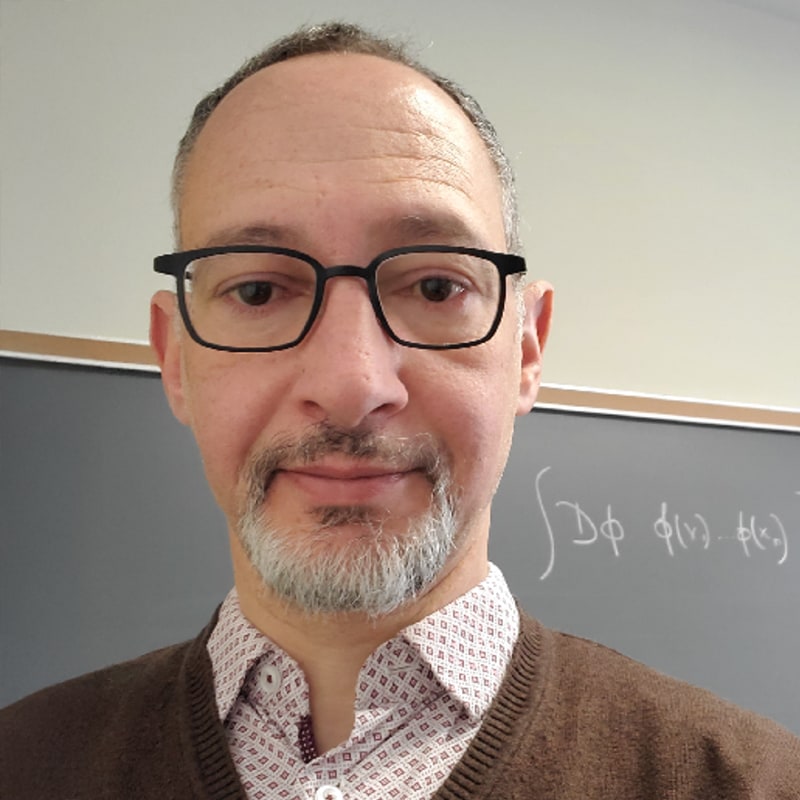
When
February 28th, 2025 | 2:30 p.m. – 3:30 p.m.
Refreshments provided
Where
University Hall 4002
Speaker
Abdelmalek Abdesselam, University of Virginia
Abstract
Quantum field theory (QFT) is a vast subject that can be approached from many angles. While much remains to be done, as far as the rigorous construction and study of models of QFT, much has already been done. In recent years for instance, thanks to the work of Hairer, Gubinelli, and many others, there has been tremendous progress leading to the construction of QFTs as invariant measures for Markov processes given by singular SPDEs. In the so-called Euclidean or probability theory approach to mathematical QFT, the main goal is to construct certain probability measures on the space of Schwartz distributions. After a brief general introduction, I will focus on one such family of measures, the fractional scalar QFT model with quartic interaction in three dimensions. I will discuss the main open problems related to proving the conjectured conformal invariance of the model, i.e., a far-reaching generalization of the familiar time inversion invariance of Brownian motion. I will also introduce the hierarchical simplified version of the model where the random scalar field lives on the ends or leaves of an infinite "Tits-Bruhat" tree instead of 3d Euclidean space. All conjectured properties of the Euclidean model, have a natural translation in the hierarchical context which thus provides an ideal testing ground for tools and methods, in particular, the renormalization group which I will also introduce.
*All UAB students, faculty and guests are invited.
Multidimensional local limit theorem in deterministic systems and an application to non-convergence of polynomial multiple averages

When
November 22nd, 2024 | 2:30 p.m. – 3:30 p.m.
Refreshments provided
Where
University Hall 4002
Speaker
Shrey Sanadhya, The Hebrew University of Jerusalem
Abstract
All UAB students, faculty and guests are invited.
In this talk, for an ergodic probability preserving system (X,B,m,T), we will discuss the existence of a Z^d valued function , whose corresponding cocycle satisfies the d-dimensional local central limit theorem. As an application, we resolve a question of Huang, Shao and Ye, and Franzikinakis and Host regarding non-convergence in L^2 of polynomial multiple averages of non-commuting zero entropy transformations. We also provide first examples of failure of multiple recurrence for zero entropy transformations along polynomial iterates. This is joint work with Zemer Kosloff.
AI is here. How can we help all the humans?
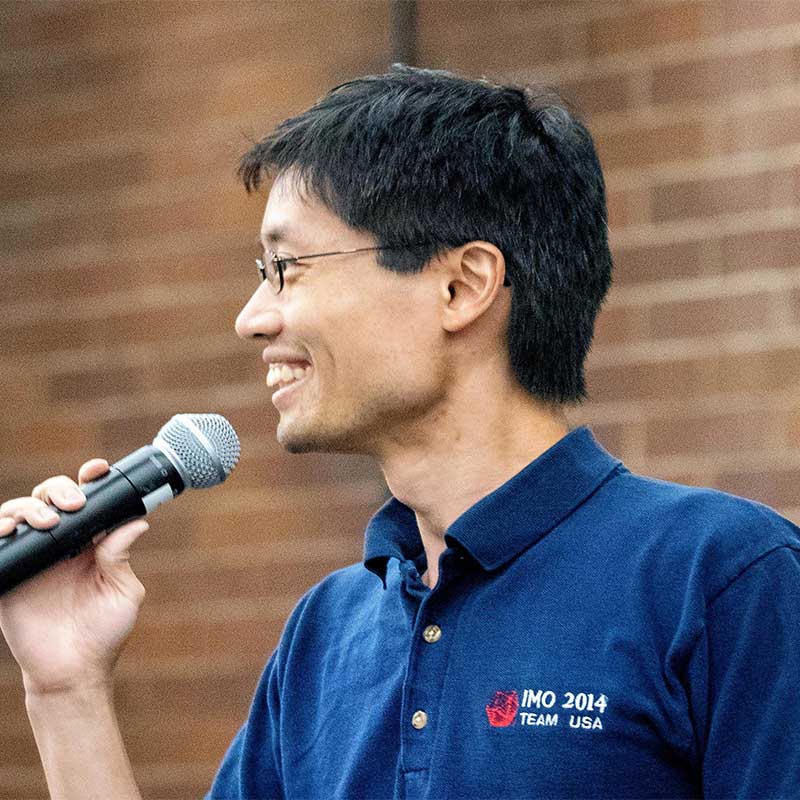
When
November 18, 2024 | 3:30 p.m. – 4:30 p.m.
Reception at 3 p.m. in the first floor lobby of University Hall
Where
University Hall 1005
Speaker
Po-Shen Loh, Mathematics Professor, Carnegie Mellon University
Abstract
Mathematics Department Special Presentation — All UAB students, faculty and guests are invited.
Researchers and companies are racing to be the first to create Artificial General Intelligence, which explicitly intends to broadly surpass human intelligence. Every few months, we see new reports of AI being able to perform more and more sophisticated tasks, even reaching the breakthrough of solving International Math Olympiad problems.
What then, will become of humans? It is now urgent to rapidly uplift human intelligence, as well as to unite humanity in a collaborative spirit, for the survival of the human race.
The speaker brings a unique background that bridges all of these worlds. He is on a mission to build a more thoughtful human world. He served as the national coach of the USA International Math Olympiad team for a decade, but also regularly interacts with students from underprivileged schools with low exam scores. He is also a math professor at Carnegie Mellon University, and a social entrepreneur and serial inventor, with a firsthand understanding of business, technology, employment, and scale. His innovations combine fields from math to the performing arts.
In this talk, he will share some of his recent work, which uses the perspective of game theory to align human incentives in a novel way. He invented new win-win ecosystems that facilitate mass-scale education of problem-solving (how to invent new solutions to previously-unseen problem types, which is not regularly taught in schools), while concurrently creating a social fabric of trusted and thoroughly human relationships that incentivize high-skill people to contribute their skills to others, rather than selfishly accumulating resources. He will also share his personal journey which helped him accumulate these insights about human incentives: by embarking on the highest-density public speaking tour ever conducted by a professor.
This work has previously been covered in CNN and the Wall Street Journal.
Invariant Theory in Quantum Information

When
November 1, 2024 | 3:30 p.m. – 4:30 p.m.
Refreshments provided
Where
University Hall 4002
Speaker
Luke Oeding
Abstract
Entanglement is a resource that is utilized on quantum devices to cary information on quantum bits (qubits), and is what gives a quantum computer its theoretical advantage over its classical counterpart. Invariant theory and quantum mechanics have always been linked. Roughly speaking, representations of groups govern quantum states. Since quantum information is concerning multii-particle states, tensors (or hypermatrices) are the natural mathematical objects, and the invariant theory of tensors governs entanglement types for n-qubit systems. My collaborators have been investigating new types of tensor decompositions, such as a version of the Jordan decomposition as well as new versions of the higher order singular value decomposition and their connections to quantum information.
I will start from a basic level and explain the central mathematical objects, tensors, their symmetries, and how we utilize invariant theory to study entanglement types. This is joint work with Frederic Holweck (UTBM), Hamza Jaffali (ColibriTD), and Ian Tan (Auburn).
The talk will be focused on and accessible to graduate students. All are encouraged to attend.
Topics in One-Dimensional Dynamics
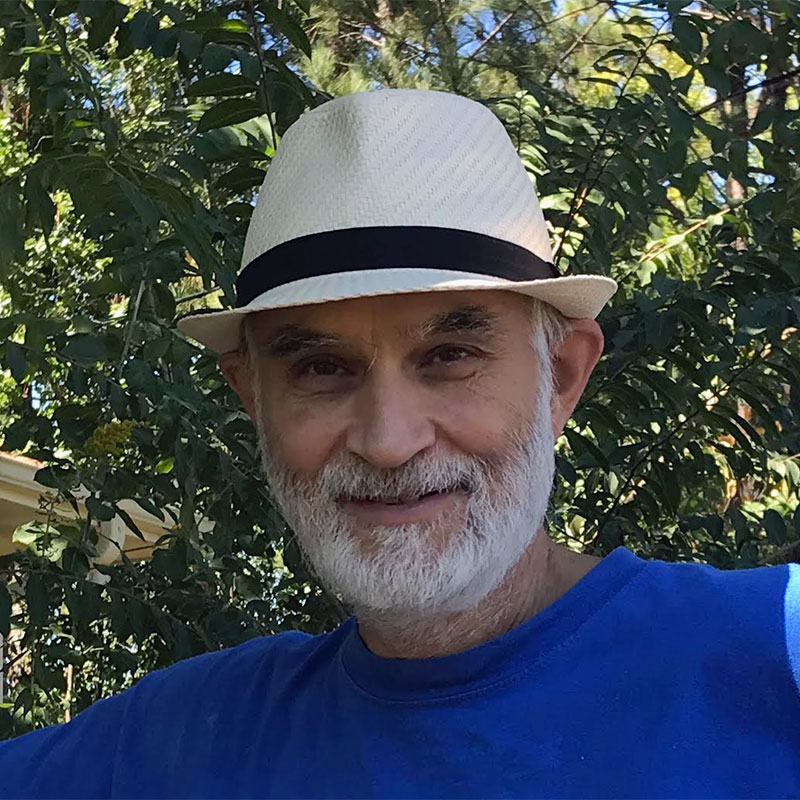
When
October 25, 2024 | 2:30 p.m. – 3:30 p.m.
Refreshments provided
Where
University Hall 4002
Speaker
Alexander Blokh
Abstract
We will go over a range of topics in one-dimensional combinatorial dynamics. This includes, but is not limited to, Poincare-Denjoy theorem on rotation numbers of circle homeomorphisms, the Sharkovsky Theorem on coexistence of periods of cycles of interval maps, and the rotation theory on the interval. Everybody is invited as little background is needed (the Intermediate Value Theorem is the key). Time permitting, we may be able to supply a couple of proofs of basic lemmas.
The talk will be focused on and accessible to graduate students. All are encouraged to attend.
Constrained Quantization and Conditional Quantization
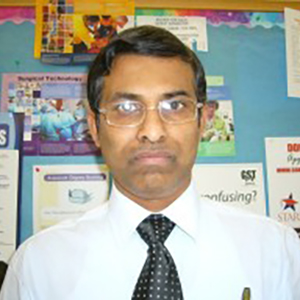
When
October 4, 2024 | 2:30 p.m. – 3:30 p.m.
Refreshments provided
Where
University Hall 4002
Speaker
Mrinal Kanti Roychowdhury
Abstract
Constrained quantization for a Borel probability measure refers to the idea of estimating a given probability by a discrete probability with a finite number of supporting points lying on a specific set. The specific set is known as the constraint of the constrained quantization. A quantization without a constraint is known as an unconstrained quantization, which traditionally in the literature is known as quantization. Constrained quantization has recently been introduced by us (Pandey and Roychowdhury).
With the introduction of constrained quantization, quantization now has two classifications: constrained quantization and unconstrained quantization. Further, we have introduced another new idea in quantization which is known as conditional quantization in both constrained and unconstrained cases. After the introduction of constrained quantization, and then conditional quantization, the quantization theory is now much more enriched with huge applications in our real world.
The talk will be focused on and accessible to graduate students. All are encouraged to attend.
Hedgehogs in Holomorphic Dynamic

When
October 11, 2024 | 2:30 p.m. – 3:30 p.m.
Refreshments provided
Where
University Hall 4002
Speaker
Tanya Firsova
Abstract
One of the fundamental questions in holomorphic dynamics is understanding the behavior of a dynamical system in the neighborhood of a fixed point. In dimension one, this question has been extensively studied by Schroder, Koenings, Böttcher, Fatou, Julia, and many others. The most difficult and intriguing cases involve Cremer fixed points, where the dynamics is non-linearizable. Using uniformization theory, Pérez-Marco proved the existence of nontrivial invariant compact sets, called "hedgehogs," in the neighborhood of a Cremer fixed point. Drawing on deep results from the theory of analytic circle diffeomorphisms developed by Yoccoz, Pérez-Marco demonstrated that even when a map in the neighborhood of the origin is not conjugate to an irrational rotation, the points in the hedgehog are recurrent and continue to move under the influence of the rotation.
In a joint work with M. Lyubich, R. Radu, and R. Tănase, we were able to construct 'hedgehogs' for multidimensional semi-Cremer germs and to study their dynamical properties. Our methods are purely topological and also provide an alternative proof for the existence of hedgehogs in dimension one. The talk will be focused on and accessible to graduate students. All are encouraged to attend.
Space-time nonlocal integrable systems
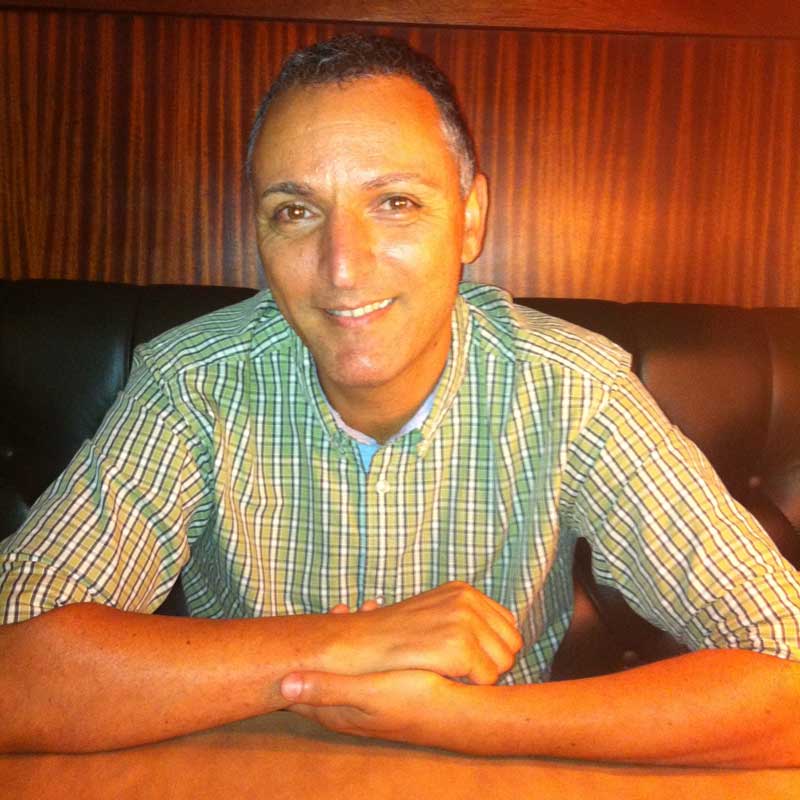
When
September 20, 2024 | 2:30 p.m. – 3:30 p.m.
Refreshments provided
Where
University Hall 4002
Speaker
Ziad Musslimani
Abstract
In this talk I will review past and recent results pertaining to the emerging field of integrable space-time nonlocal integrable nonlinear evolution equations. In particular, we will discuss blow-up in finite time for solitons and the physical derivations of integrable nonlocal systems. The talk will be focused on and accessible to graduate students. All are encouraged to attend.
Impact of Rotation on the Regularity and Behavior of Navier-Stokes Solutions
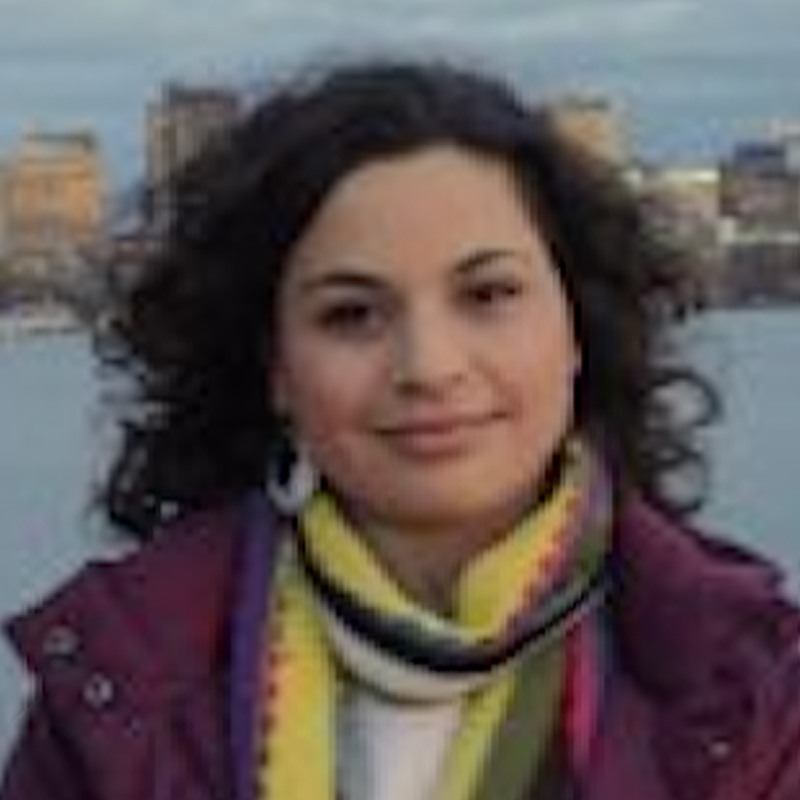
When
April 26, 2024 | 2:30 p.m. – 3:30 p.m.
Refreshments provided
Where
University Hall 4002
Speaker
Aseel Farhat
Abstract
In this presentation, we will address the regularity challenges posed by the three-dimensional (3D) Navier-Stokes equations (NSE) and explore the influence of planetary rotation. Additionally, we will discuss an upper bound on the Hausdorff dimension of the global attractor associated with the 2D Navier-Stokes equations on the beta-plane, which depends on the rotation rate (referred to as the Rossby number). Our findings align with outcomes observed in numerical experiments, suggesting that rotation tends to induce a more zonal solution.
Several geometric problems and geometric PDEs in differential geometry
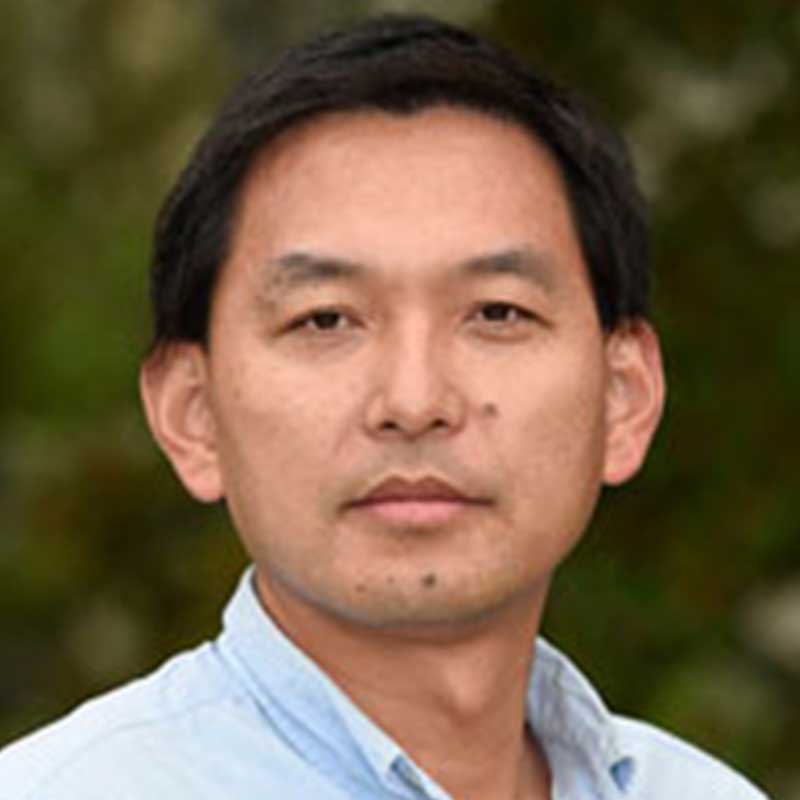
When
April 5, 2024 | 2:30 p.m. – 3:30 p.m.
Refreshments provided
Where
University Hall 4002
Speaker
Junfang Li
Abstract
This is a general talk on several interesting geometric problems and is accessible to students. We will focus on some basic geometric concepts such as surface area, volume, symmetric curvatures, total curvatures and discuss their relations. The main results will be around sharp geometric inequalities such as isoperimetric inequalities for quermassintegral inequalities (parabolic PDEs), prescribing curvature problems (Elliptic PDEs), and rigidity problems (parabolic and elliptic PDEs).
How I study car crashes
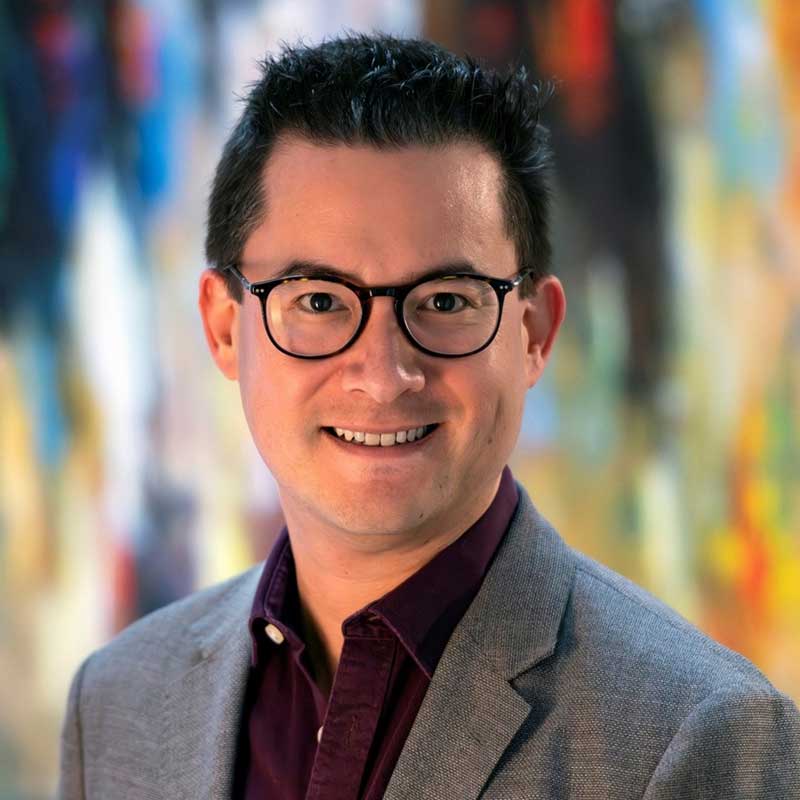
When
March 1, 2024 | 2:30 p.m. – 3:30 p.m.
Refreshments provided
Where
University Hall 4002
Speaker
Eric Teoh
Abstract
I’ve spent almost two decades studying car crashes – specifically identifying and encouraging the adoption of effective ways to improve this public health problem through research and communication. In this talk, I’ll describe our work at the Insurance Institute for Highway Safety (e.g., crash test dummies, vehicle technology, motorcycles, epidemiology/statistics, etc.), how my UAB mathematics education helped, and some insights I’ve picked up along the way from these.
What Do You Need To Know About Data Science?
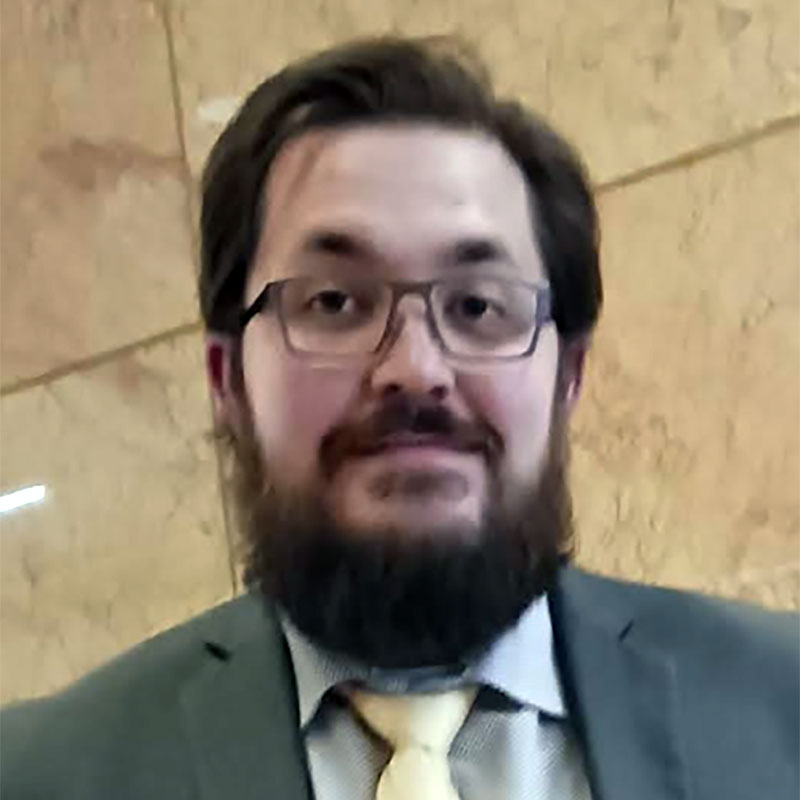
When
January 26, 2024 | 2:30 – 3:30 p.m.
Refreshments provided
Where
University Hall 4002
Speaker
Brandon Barry
Abstract
Data Science is useful for companies. Data Science can help to inform or even to make decisions for a business. However, what is Data Science? This talk proposes a perspective on Data Science as one that produces mathematical models to inform business decisioning and to mitigate risk.
Anderson Acceleration for Solving Nonlinear Systems
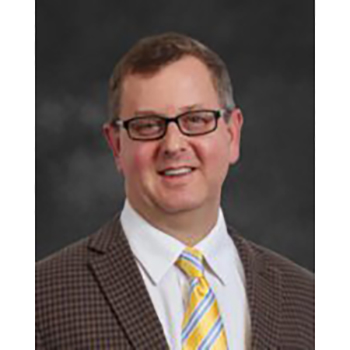
When
January 19, 2024 | 2:30 – 3:30 p.m.
Refreshments provided
Where
University Hall 4002
Speaker
Leo Rebholz
Abstract
Anderson acceleration (AA) is an extrapolation technique originally proposed in 1965 that recombines the most recent iterates and update steps in a fixed point iteration to improve the convergence properties of the sequence. Despite being successfully used for many years to improve nonlinear solver behavior on a wide variety of problems, a theory that explains the often-observed accelerated convergence was lacking. In this talk, we give an introduction to AA, then present a proof of AA convergence which shows that it improves the linear convergence rate based on a gain factor of an underlying optimization problem, but also introduces higher order terms in the residual error bound. We then discuss improvements to AA based on our convergence theory, and show numerical results for the algorithms applied to several application problems including Navier-Stokes, Boussinesq, and nonlinear Helmholtz systems.
Kolmogorov Problem and Wiener-type Criteria for the Removability of the Fundamental Singularity for the Parabolic PDEs
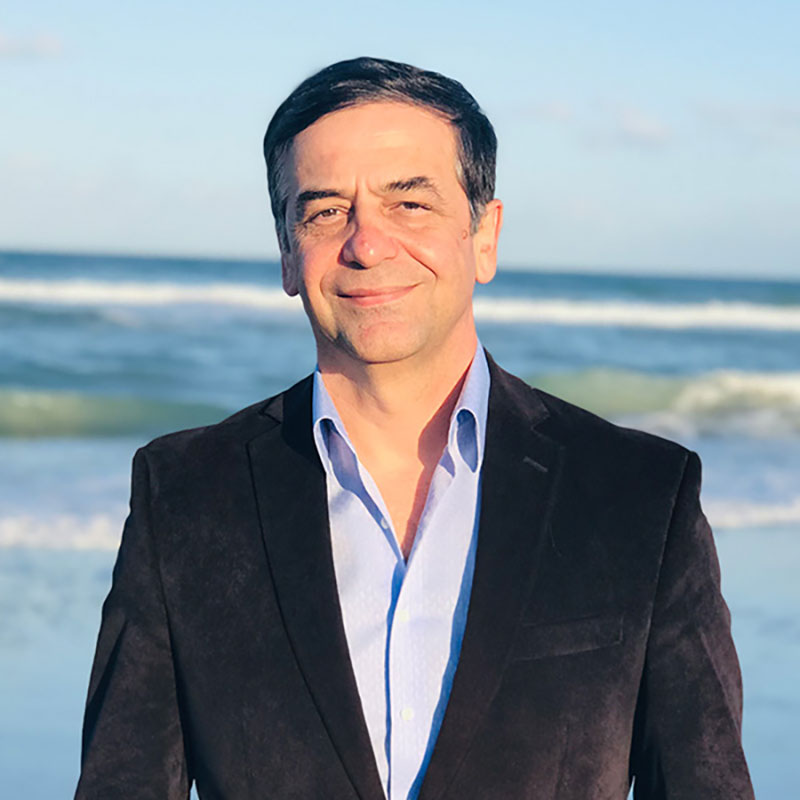
When
November 17, 2023 | 2:30 – 3:30 p.m.
Refreshments provided
Where
University Hall 4002
Speaker
Ugur Abdulla
Abstract
The major problem in the Analysis of PDEs is understanding the nature of singularities of solutions to the PDEs reflecting the natural phenomena. In this talk, I will present new Wiener-type criteria for the removability of the fundamental singularity for the parabolic PDEs. The criteria characterize the uniqueness of boundary value problems with singular data, reveal the nature of the parabolic measure of the singularity point, asymptotic laws for the conditional Markov processes, and criteria for thinness in minimal-fine topology. The talk will be oriented to a general audience including non-expert faculty and graduate students.
Statistics on Countable Alphabets
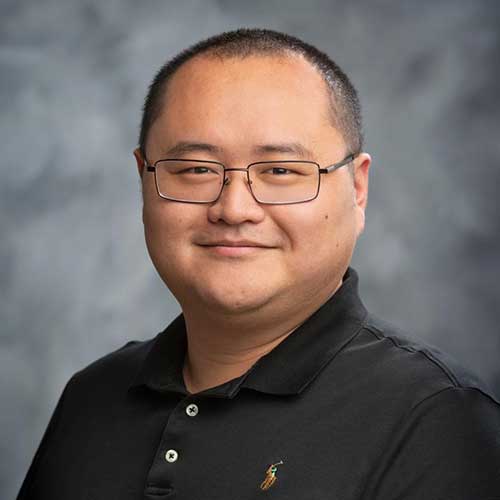
When
November 10, 2023 | 2:30 p.m. – 3:30 p.m.
Refreshments provided
Where
University Hall 4002
Speaker
Jialin Zhang
Abstract
- Entropy estimation in Turing’s perspective is described. Given an iid sample from a countable alphabet under a probability distribution, Turing’s formula (introduced by Good (1953), hence also known as the Good-Turing formula) is a mind-bending non-parametric estimator of total probability associated with letters of the alphabet that are NOT represented in the sample. Some interesting facts and thoughts about entropy estimators are introduced.
- Turing’s formula brought about a new characterization of probability distributions on general countable alphabets that provides a new way to do statistics on alphabets, where the usual statistical concepts associated with random variables (on the real line) no longer exist. The new perspective, in turn, inspires some thoughts on the characterization of probability distribution when the underlying sample space is unclear. An application example of authorship attribution is provided.
- Inference regarding tail behavior remains a persistent challenge due to the rarity of tail observations. Additionally, it's not always feasible to assume a global form for a distribution function. Approaching this issue from an entropic standpoint, a method grounded in entropic basis and domains of attraction for countable alphabets is introduced, complete with its R implementation. An application involving the log-returns of Amazon stocks is presented at the end.
Well-posedness for cubic Nonlinear Schrodinger equation with randomized initial conditions
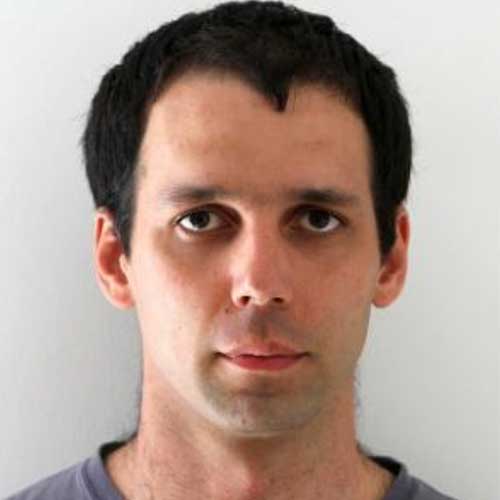
When
November 3, 2023 | 2:30 p.m. – 3:30 p.m.
Refreshments provided
Where
University Hall 4002
Speaker
Juraj Foldes
Abstract
During the talk, we will discuss the local solutions of the super-critical cubic Schrödinger equation (NLS) on the whole space with general differential operator. Although such a problem is known to be ill-posed, we show that the random initial data yield almost sure local well-posedness. Using estimates in directional spaces, we improve and extend known results for the standard Schrödinger equation in various directions: higher dimensions, more general operators, weaker regularity assumptions on the initial conditions. In particular, we show that in 3D, the classical cubic NLS is stochastically, locally well-posed for any initial data with regularity in H^a for any a>0 compared to the known results a>1/6 . The proofs are based on precise estimates in frequency space using various tools from Harmonic analysis. This is a joint project with Jean-Baptise Casteras (Lisbon University) and Gennady Uraltsev (University of Virginia, University of Arkansas).
On the problem of local connectivity of the Mandelbrot set
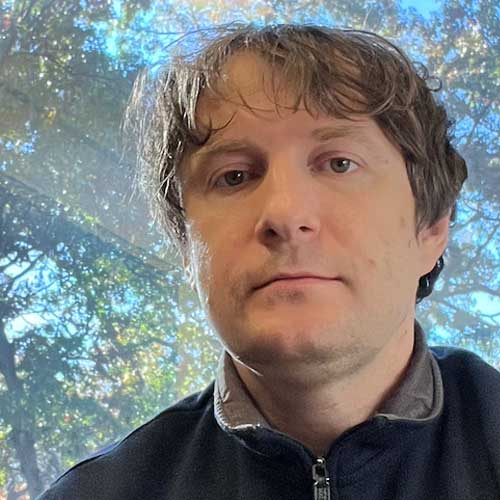
When
November 8, 2023 | 2:30 p.m. – 3:30 p.m.
Refreshments provided
Where
University Hall 4004
Speaker
Dzmitry Dudko
Abstract
The Mandelbrot set encodes how the dynamics of a quadratic polynomial depends on the parameter. In the 1980s, A. Douady and J. Hubbard conjectured that the Mandelbrot set is locally connected -- the MLC conjecture. This conjecture would result in a simple abstract ``pinched disk'' model for the Mandelbrot set with various consequences. Since the 1990s, local connectivity has been established for a large class of parameters, but the full conjecture is still open. In the talk, we will first discuss the motivations for the MLC conjecture and its relation to the renormalization theory. Then, we will outline recent developments in the area. Based on a joint work with Misha Lyubich.
